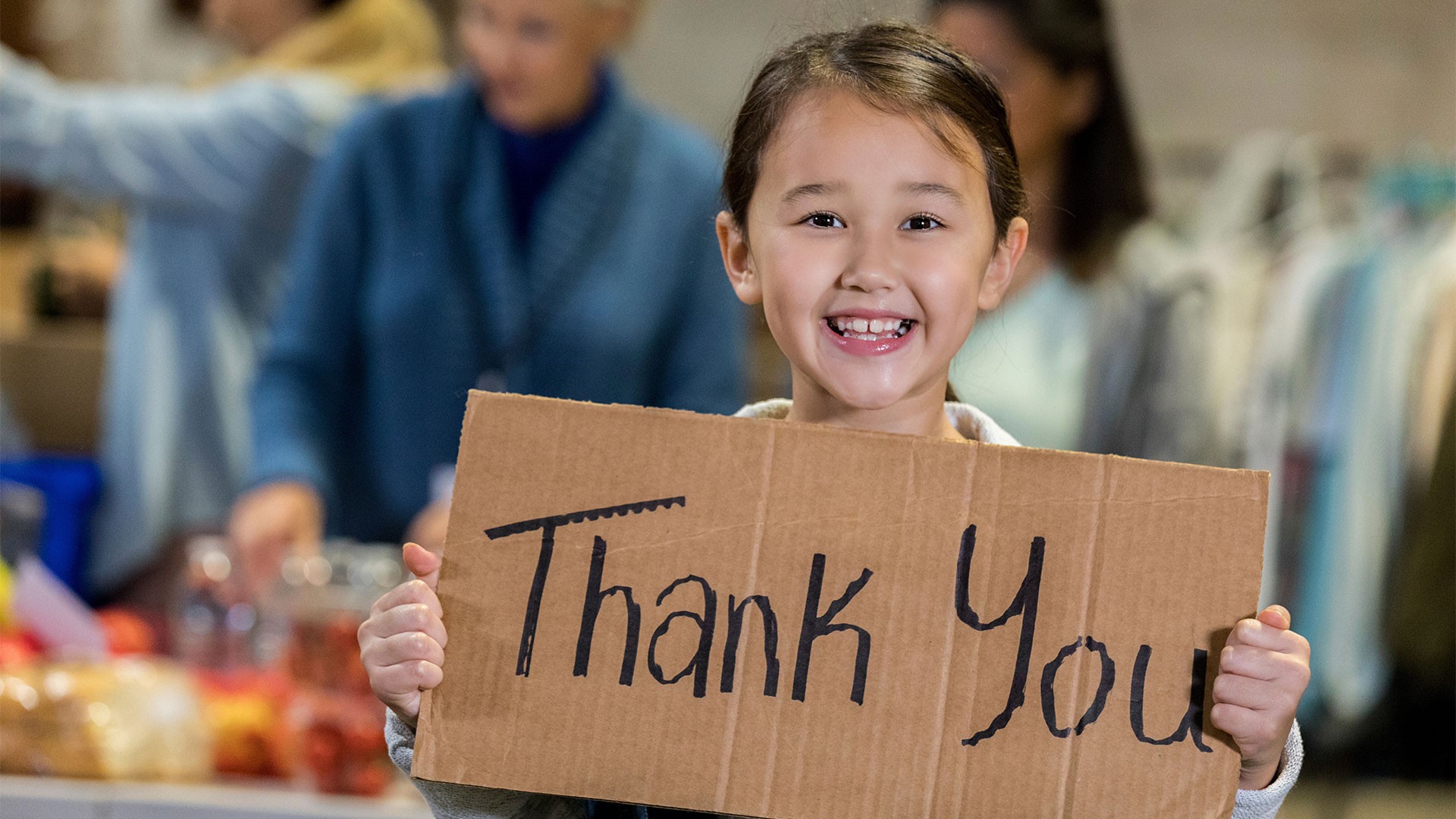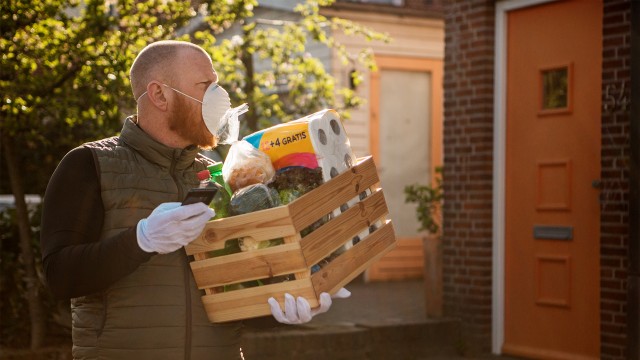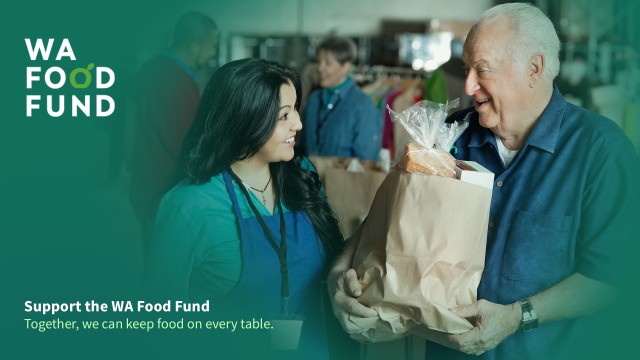
In the days after COVID-19 hit Washington, the number of families struggling with hunger spiked. By April 2020, 1.7 million people in the state were food insecure, meaning that they have insufficient money for their household’s food needs. Lines at food banks and food pantries lengthened and donations to food banks dropped 70%. Unemployment, a major cause of food insecurity, skyrocketed to a state record high of more than 1 million people.
This is why generous donations from Microsoft employees to our Washington Food Fund has been so astonishing. By the end of July, employees donated $725,000, matched dollar-for-dollar by Microsoft — the largest employee donation to the fund yet. From the time Philanthropy Northwest worked with Governor Jay Inslee to set up the fund, Microsoft has been one of the earliest partners. The company had already been working to raise funds for food security as one of its main causes, and quickly focused in on the WA Food Fund with tremendous results.
“Giving has been part of our culture since Microsoft was founded more than 40 years ago,” said Karen Bergin, senior director of employee engagement at Microsoft Philanthropies.
“Microsoft employees don’t stand still in a crisis. Our people act with fervency to support the needs of their neighbors. We are inspired by how our employee community is finding new ways every day to make a difference — big and small.”
Those donations were distributed to the three hunger-relief organizations — Food Lifeline, Northwest Harvest and Second Harvest — collectively supplying the food banks and food pantries in every corner of the state. Thanks to Microsoft employees, these facilities were able to purchase the bulk food that feeds school-going children, senior citizens and people struggling with health problems or job loss. Some foodbanks report that dollars from the WA Food Fund allowed them to purchase extra food to open local distribution sites in particularly hard-hit communities, including rural areas and communities of color. Even before the COVID-19 outbreak, Black and Latinx households were disproportionately affected by hunger. A part of fighting hunger is addressing the racial inequities COVID-19 has magnified. Lack of access to healthy food is — and has long been — a symptom of systemic racism facing Black and Latinx communities.
“Battling hunger is a moving target during these unprecedented times,” said Anjana Pandey, vice president of strategy for Philanthropy Northwest. “We’re incredibly grateful to Microsoft and their employees who have donated to the WA Food Fund, and in the coming weeks, we urge our corporate partners and community members to contribute so that we can keep food on every table in Washington.”
Generosity like that of Microsoft’s employees will be more crucial than ever now that the future is uncertain for the added $600 in unemployment benefits enabled by the CARES Act. (At the time of publication, the Pandemic Unemployment Compensation for unemployment insurance recipients had expired as of July 31.) The need for food assistance in Washington could peak at $115 million per month, with 29% of the state’s population in need of aid. By contributing what you can now, we can shape a more equitable road to recovery and make sure there’s food on every table across the state. Visit our WA Food Fund page to make a contribution.


